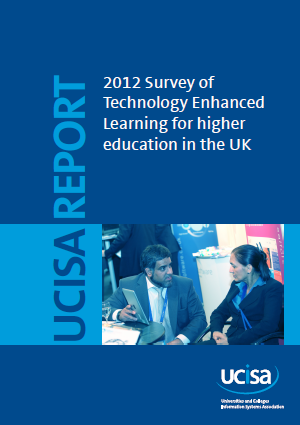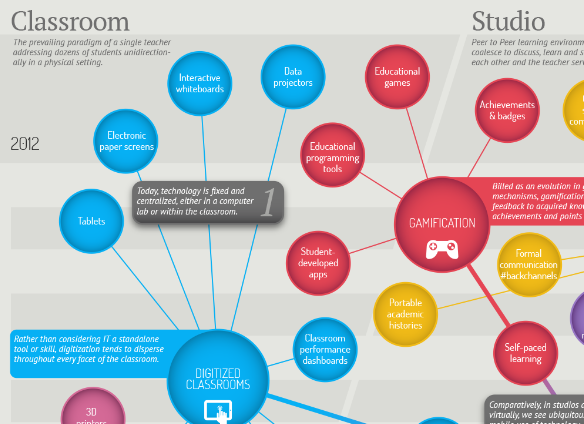I’m actually quite a supporter of iTunes U, even though people don’t like that you have to enter it via the iTunes client. iTunes client is free and the resources are downloadable. I watched a fantastic series on Justice, by Michael Sandel through iTunes U. Even though the client is proprietary, it is worth mentioning that the videos or podcasts have open standards, so you don’t even need the client once its downloaded, certainly not necessary to have an iPod or iPhone, as some mistakenly think.
I also worked on one of the Phase 2 OER projects, which had a ‘discoverabiliy’ focus. We recognised that most people want to search through google, so hit the SEO Ninjas sites to raise its Google profile. The problem with this is that unless the resources start to take a life of their own and people independently tweet on etc. then the SEO magic starts to lost some of its capability. Fine, say, if you work in a ‘marketplace’ where constant SEO marketing will maintain your page 1 discoverability, but OERs do not have a ‘hype’ cycle to them in most cases. By this I mean the short termism of ‘retweet’, ‘reblog’, ‘backlink’ that gives such good SEO results to start with (and best in conjunction with other possibly offline marketing campaigns) does not apply to OER in that the availability of the resource needs to be constantly high, regardless whether anyone has ‘backlinked’ to it this week.
And that’s why I perhaps have a soft spot for iTunes U as an OER repository. Its available, most people use it for their media management, its free for those who don’t, EVERYONE has heard of it, and the search will not degrade resources based on this weeks popularity. And as previously said it uses open standards and the content is downloadable, therefore transferrable into areas of little bandwidth via HDDs etc. My feeling is that TOTALLY ONLINE content, like Coursera or EdX, is great for the software developers and those in the centre keeping track of the stats, but not so for the areas of lesser bandwidth, arguably those who need the OER the most.
octel







